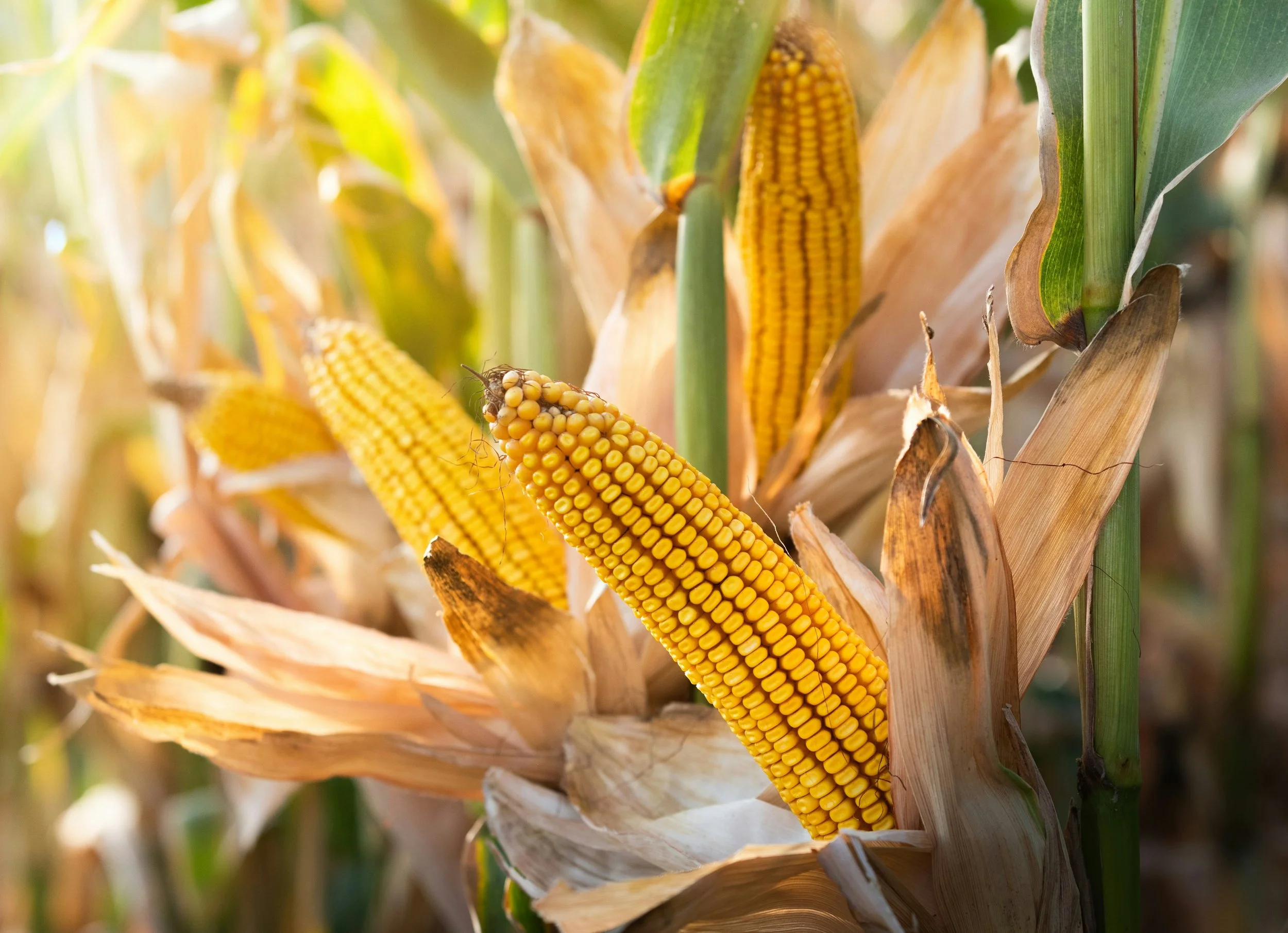EU Food Imports
The climate & nature
threat to EU food imports
Evaluating the twin threats to the supply of coffee, cocoa, maize, rice, soy, and wheat
New Report from:
Why the focus on EU food imports?
The EU is neither self-sufficient in key staples such as maize, rice and wheat or key import commodities for agrifood production such as cocoa, coffee and soy. This has important implications for both European food security and domestic business.
This study therefore sets out to examine the import dependency for each food type and establish to what extent it is vulnerable to environmental threats to better understand the scale of the problem faced by the EU. Based on this assessment the study seeks to assess the bloc’s preparedness and to make policy recommendations.
It builds upon a previous study of climate threats to UK food imports, undertaken by the Energy and Climate Intelligence Unit. But in addition to the climate data, the new work also considers the implications of nature loss for security of supply to provide a complete picture.
The findings are sobering. Researchers found that over half the imports of each of the six imported food commodities were from climate vulnerable countries, with limited resources to adapt.
Furthermore, three of these – wheat, maize and cocoa - are also at significant risk from biodiversity-related impacts, amplifying the threat to supply already posed by the climate and expanding the amount of production at risk.



